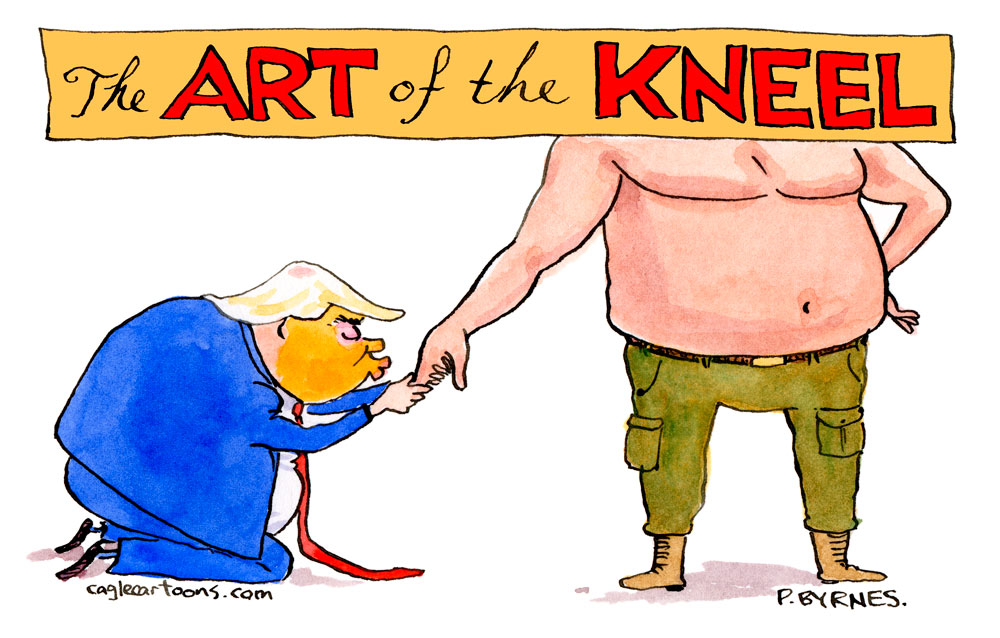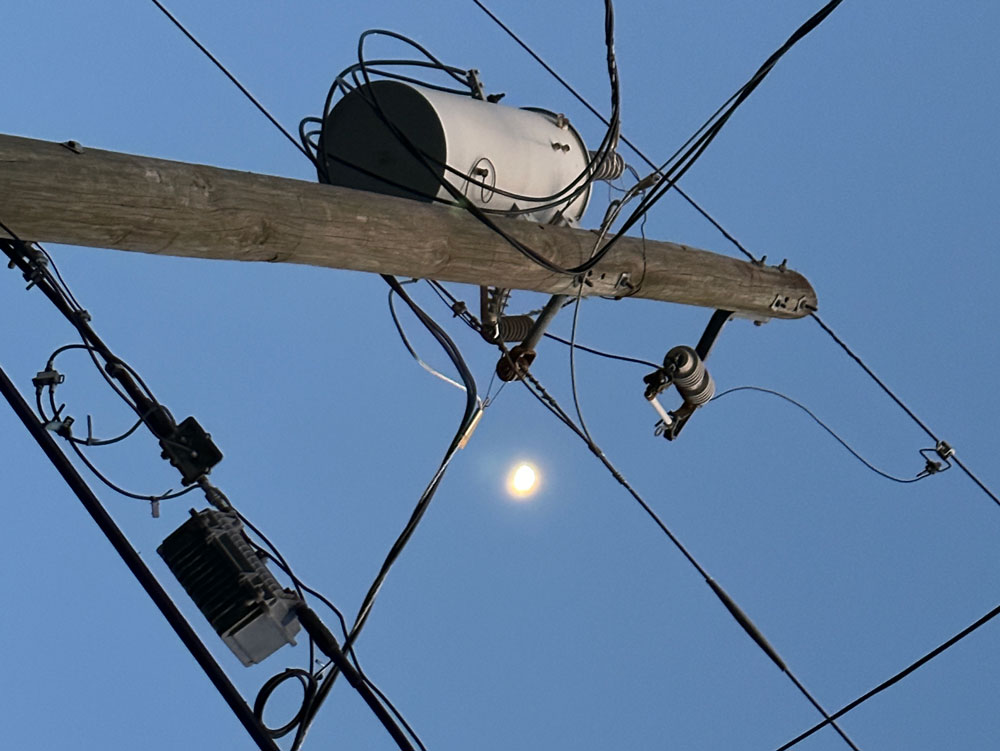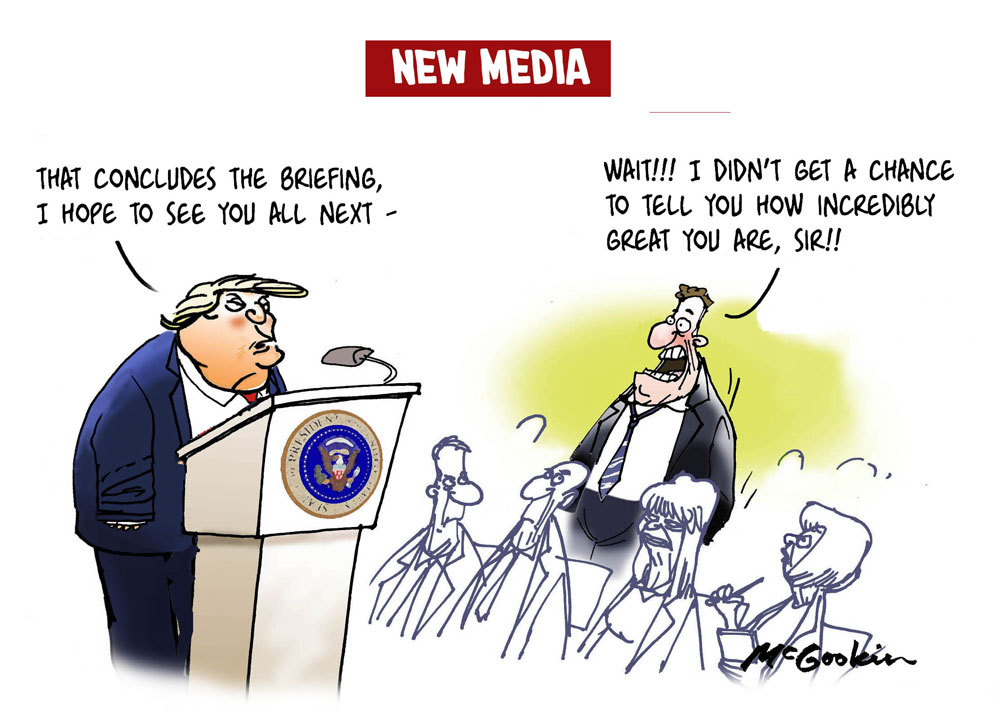The Pulitzer Prize Board’s lawyers are attempting to have Donald Trump’s defamation action, which was launched after the Florida Supreme Court acknowledged news regarding suspected collusion between his 2026 campaign and Russia, postponed.
Citing a potential conflict in the event that a state court attempts to exercise authority over the country’s top executive, they want to put the case on hold at least until Trump leaves office. Trump and one of the board members reside in Florida, which is why the case is there.
That argument was dismissed by a state trial judge and the Florida Fourth District Court of Appeal, which decided that there was no reason to postpone the case’s adjudication. In 1997, the Supreme Court of the United States decided that while in office, presidents could still be sued.
After the Pulitzer board, which awards Pulitzer prizes, gave The New York Times and The Washington Post a joint honor in 2018 for their coverage of purported Russian meddling in Trump’s first election, Trump launched the defamation claim against the board.
Despite several attempts by Russian-affiliated individuals to support the Trump campaign, Special Counsel Robert Mueller stated in 2019 that his investigation found insufficient evidence of cooperation between the Russians and the Trump campaign. Mueller did not conclude that Trump had obstructed justice.
The Pulitzer board had claimed during the trial and before the Florida Fourth District Court of Appeals that the case ought to be dismissed or at the very least put on hold until Trump’s term is up. The case should continue, according to Trump, the one who initiated it. Trump won in both courts.
The 4th DCA came to the conclusion that courts do not run the risk of unjustly meddling with the fundamental operations of government when the president is a willing participant.
Because of his extraordinary position, the president is in a unique position to decide how best to spend his time, how much attention a lawsuit would demand, and whether or not it will take him away from his official duties. Courts must presume that an officeholder has already considered the demands of their official responsibilities before they decide to file a lawsuit.
The lawyers for Pulitzer contend that stopping the litigation would prevent constitutional issues that they think would occur if Trump were to be the plaintiff in a dispute that might implicate his official presidential actions.
Trump’s lawyers argue in a Supreme Court filing on Tuesday that the high court should reject review because the petitioners’ arguments are so blatantly incorrect, the lower courts did not establish any new ground, and the problems are unlikely to resurface.
On the not-so-novel grounds that a party typically lacks standing to assert the constitutional rights of others, the two courts below granted the petitioners’ move to delay the litigation against them, according to a letter from Trump’s St. Petersburg-based attorneys.
Only when the court below interprets a constitutional requirement does this Court have the authority to use its discretionary review of a district court’s opinion. Trump’s lawyers said, “This Court must decline review since that did not occur in this case.”
Florida’s Jay Waagmeester The Phoenix











